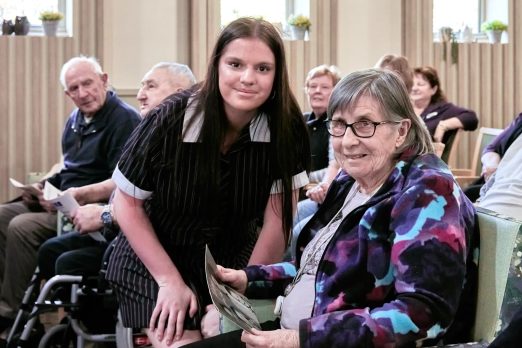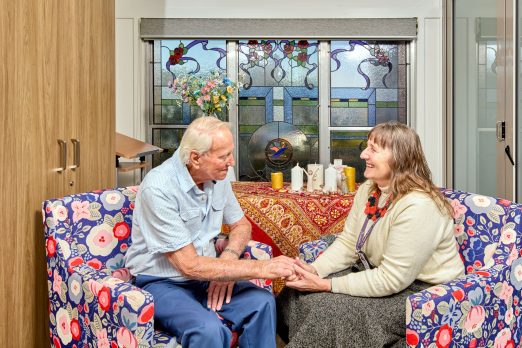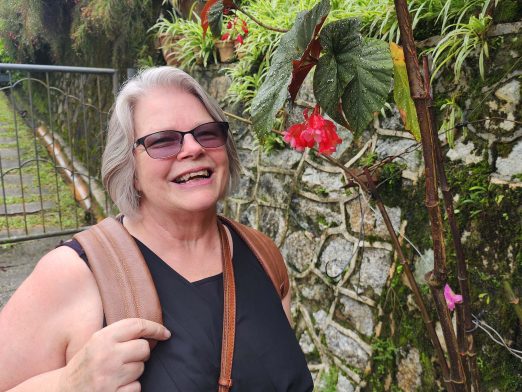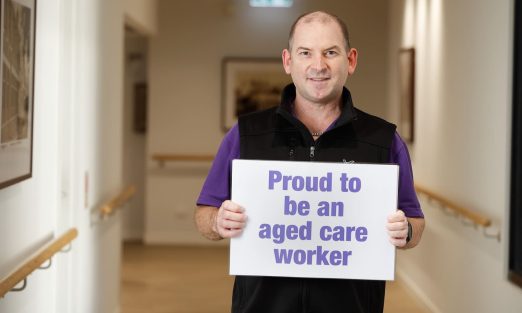News
Talking Mental Health paves pathway to wellbeing
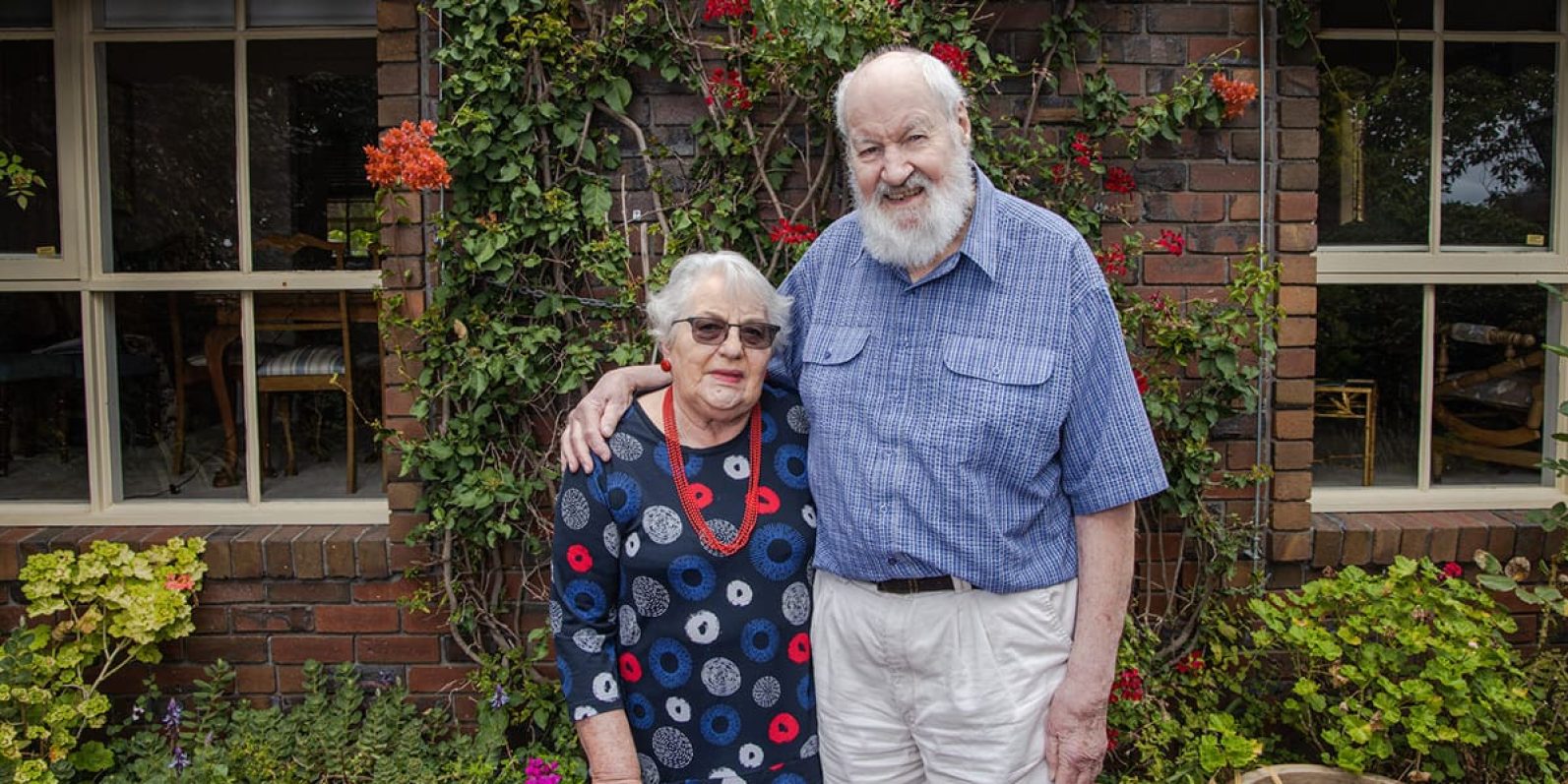
Organisational
Ground-breaking research is underway looking at how best to support aged care staff to identify and meet the mental health needs of older people in the community.
Talking Mental Health – a research study partnership between Uniting AgeWell, Flinders University and the National Ageing Research Institute (NARI) – is looking at guidelines, procedures and implementation strategies to support staff and build confidence around mental health as an aspect of aged care.
Enhancing responsiveness to the mental health needs of older people receiving aged care is a strategic priority for Uniting AgeWell. And this project will bridge the gap between the high-level strategies underpinning the organisation’s newly launched Mental Health & Wellbeing Framework, and the needs of community care staff.
The Talking Mental Health Project aims to co-design and test care protocols that will enable implementation of the Framework, to achieve the organisation’s objectives of better identification of mental health needs and improved access to intervention.
The research, being trialled with Uniting AgeWell’s Kingsville Home Care team and customers, will prioritise protocols that enable early identification and intervention. It is believed acting early to reduce mental illness and enhance wellbeing is key.
The research partners are facilitating the co-design of guidelines and processes for home care staff to identify, flag, escalate, refer, support and monitor concerns related to the mental health of customers.
In tandem, guidelines and processes are being developed for all home care staff to identify and seek support when their own wellbeing is impacted as a result of the customer care they deliver.
“This means there are clear processes in place, from identifying to resolving issues,” Uniting AgeWell’s Director Strategy and Innovation Nina Bowes says, “This should further strengthen existing relationships between our home care customers and our staff, and provide a clear way of following up if customers mental health needs change over time.”




